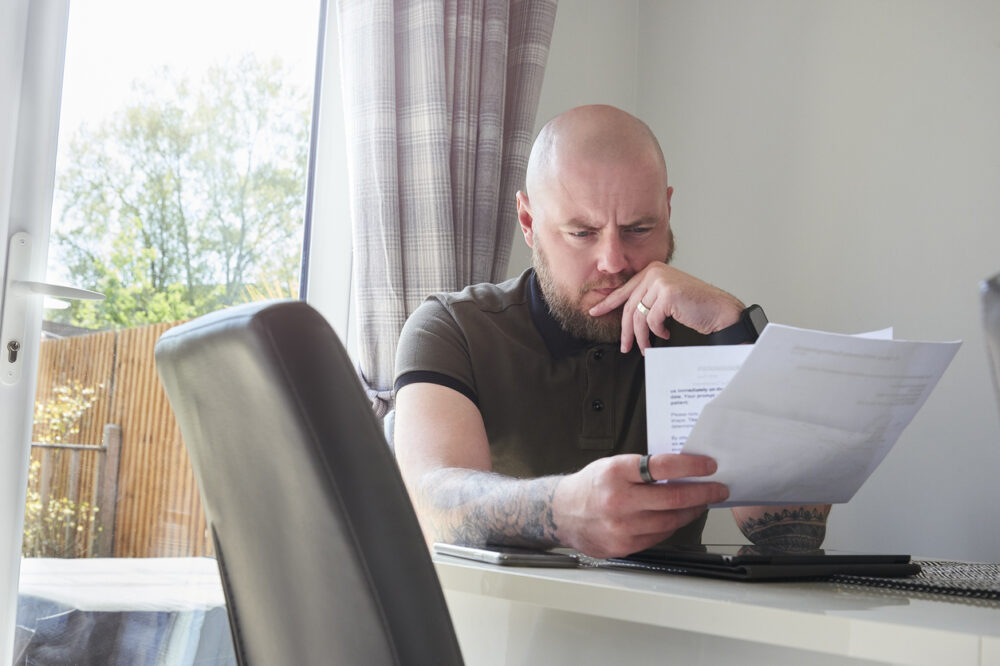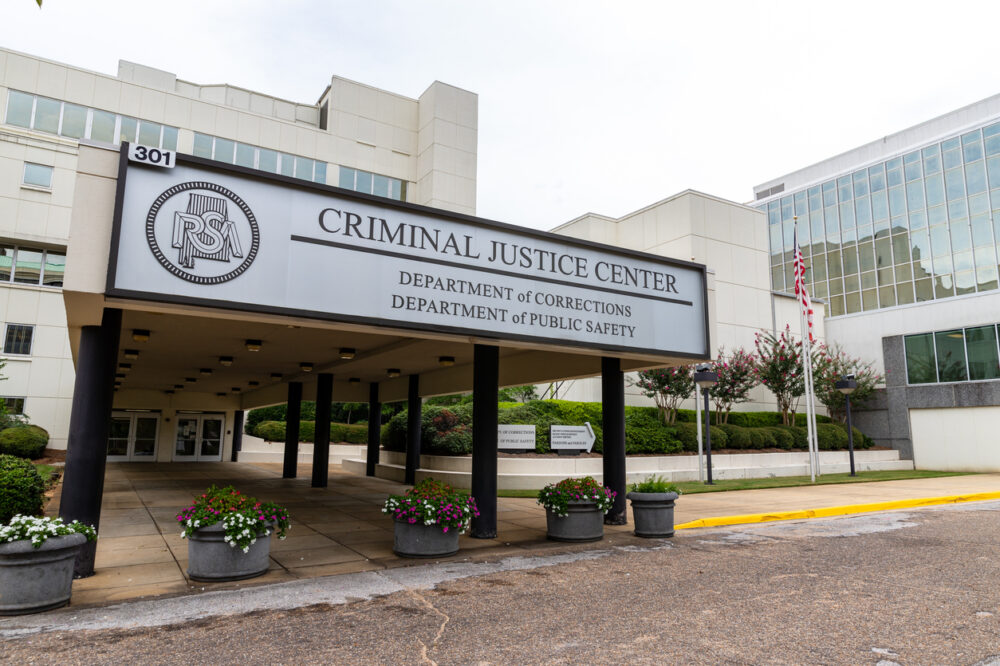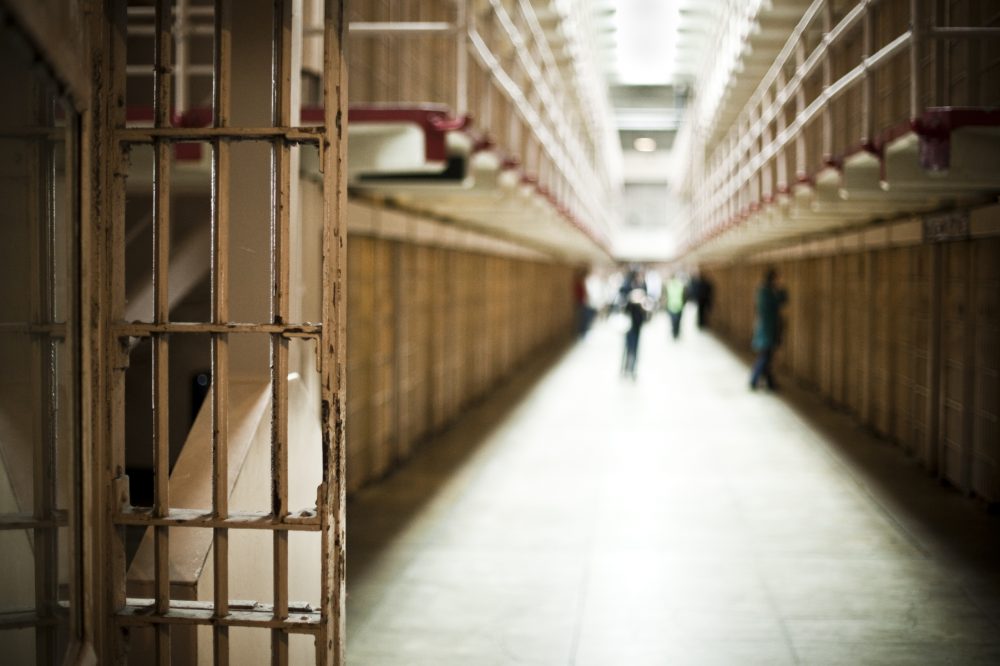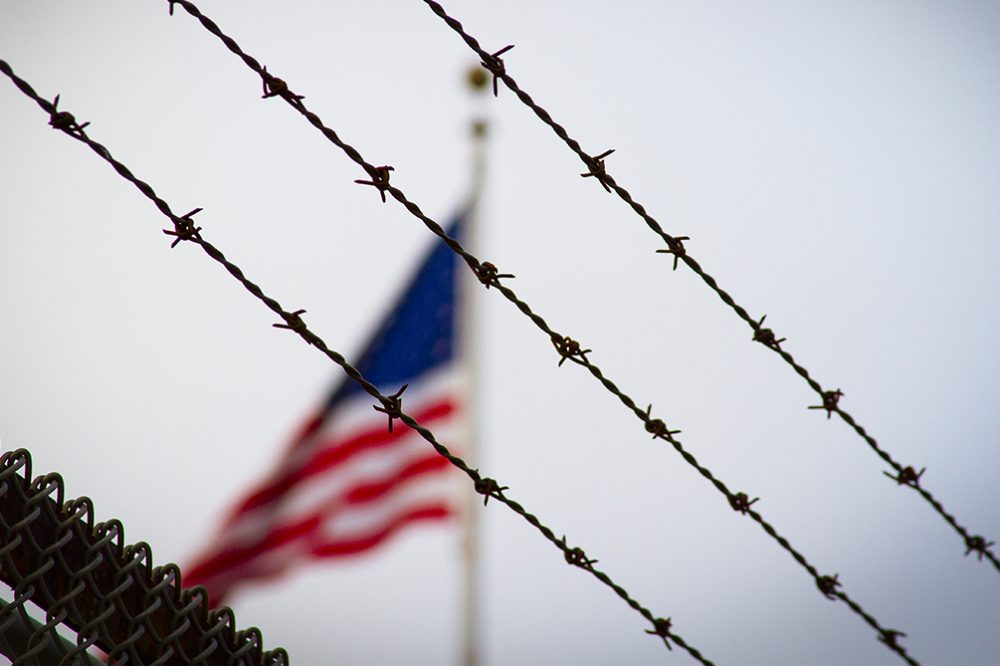Supporting Returning Citizens’ Financial Health
Drawing on insights from recent pilot projects, this brief discusses ways in which stakeholders across sectors can empower people coming out of prison to access identification and financial services.
Connecting Returning Citizens with ID and Bank Accounts: Lessons for Policymakers and Practitioners
ID Access for Returning Citizens: Learnings from the Field
Access to mainstream financial services, like a bank account, is critical to financial health and provides people with a safe way to store money, transact, pay bills, and build savings. But, being “banked” remains a financial health challenge for many. In 2019, according to the FDIC, more than 5% of U.S. households – 7 million […]
A New Alabama Law Brings Opportunities, Challenges for Reentering Citizens
For the nearly 600,000 Americans who return to their communities from incarceration each year, reestablishing financial stability and access to safe financial products is key to improving financial health. For many returning citizens, lack of ID can limit employment and housing opportunities. There are several reasons returning citizens may leave incarceration without ID: They may […]
Increasing the Financial Health & Employment Opportunities of Returning Citizens
To help lower barriers to financial health and improve employment outcomes for returning citizens, the Financial Solutions Lab has awarded grants to five nonprofit and fintech partnerships working across the United States as part of our 2021 Exchange cohort.
Support from Social Networks
Family and friends are a major lifeline for justice-involved individuals, providing support and advice from pre-trial to post-release.
Managing Financial Obligations
Once justice-involved individuals are released from jail or court, they are still not released from their financial obligations to the criminal justice system.
Employment Challenges
Once justice-involved individuals re-enter society, there are numerous barriers to gain employment that often force them to make difficult decisions.
Impact of Incarceration on Families
After a family member or loved one is arrested, their households are forced to juggle financial responsibilities, including staggering bills and missing payments.
Financial Health and Criminal Justice: The Stories of Justice-Involved Individuals and Their Families
The Financial Health Network presents a look into how one’s financial health impacts their ability to navigate the U.S. criminal justice system, and how their involvement in that system impacts their financial health. In partnership with the University of Southern California’s (USC) Center for Economic and Social Research, we interviewed 36 individuals who shared their multifaceted experiences with the criminal justice system, highlighting multiple areas ripe for innovation.
Managing the Initial Financial Shock
Justice-involved individuals and their families face a number of expenses that can create financial strains immediately after arrest, including posting bail and hiring legal representation.
Financial Health and Criminal Justice: The Impacts of Involvement
Across each phase of involvement with the criminal justice system, individuals and their families often experience negative financial health outcomes.
Opportunities for FinHealth Innovation and Impact in Criminal Justice
People who are arrested, detained, and/or incarcerated often have interactions with the criminal justice system that lead to short-term financial crises and long-term financial instability for themselves and their families. In many cases, families forgo basic needs because of loss of income following their loved one’s incarceration. Punitive fines and fees create a cycle of […]
Formerly Incarcerated People Need Financial Stability to Make Their Return Home A Success
There are more than 44,000 federal, state, and local restrictions that block access to public benefits, employment opportunities, and other crucial services that returning citizens need to establish stability and build their financial health.
A Broken Criminal Justice System Impacts Financial Health, Too
By Josh Sledge, Senior Director and Arjun Kaushal, Associate, Financial Health Network The tragic murder of George Floyd at the hands of police has once again brought the inequities of the criminal justice system into focus. The violence captured on film has rightfully drawn a passionate response, as protestors demand justice for Floyd and an…














